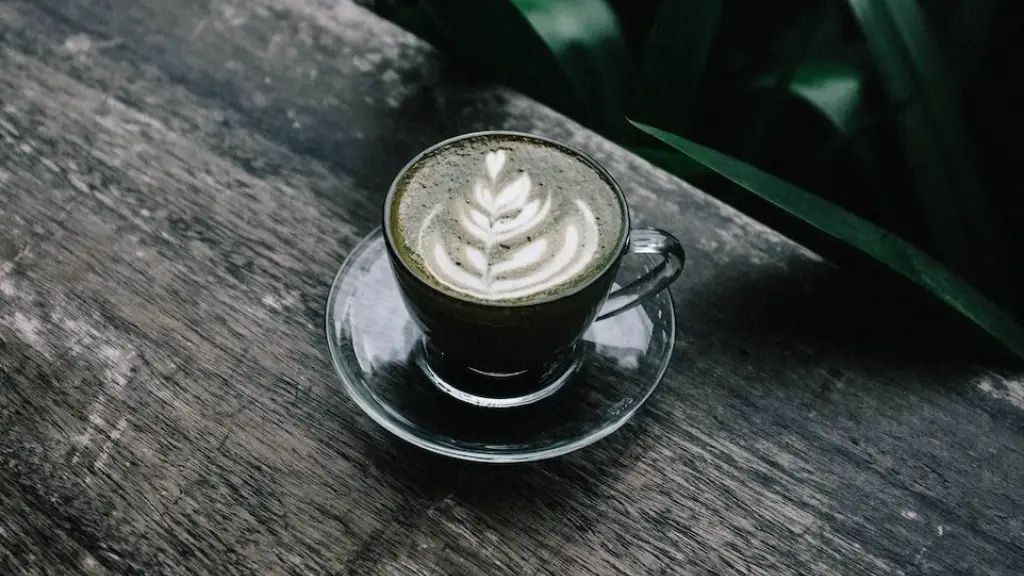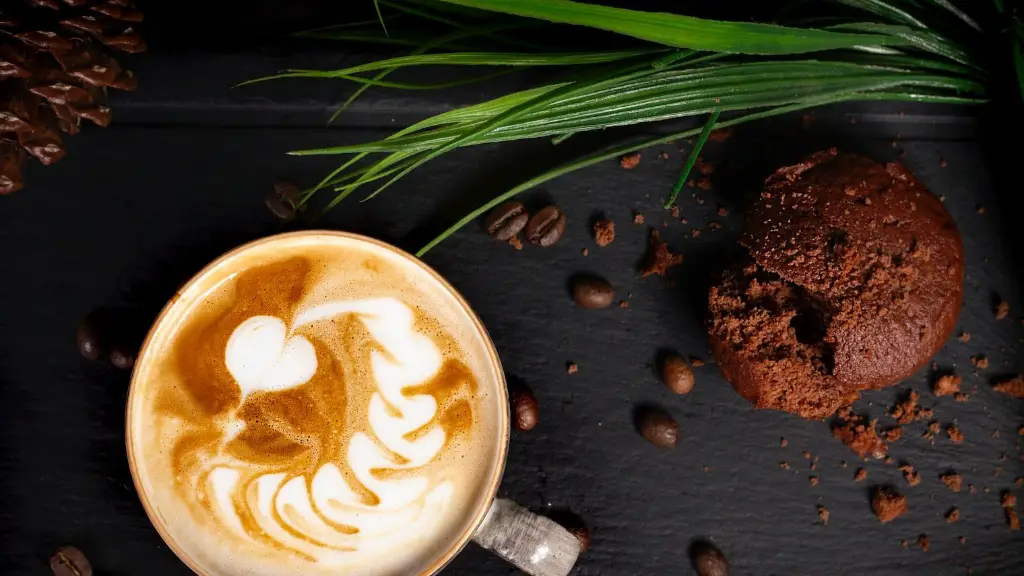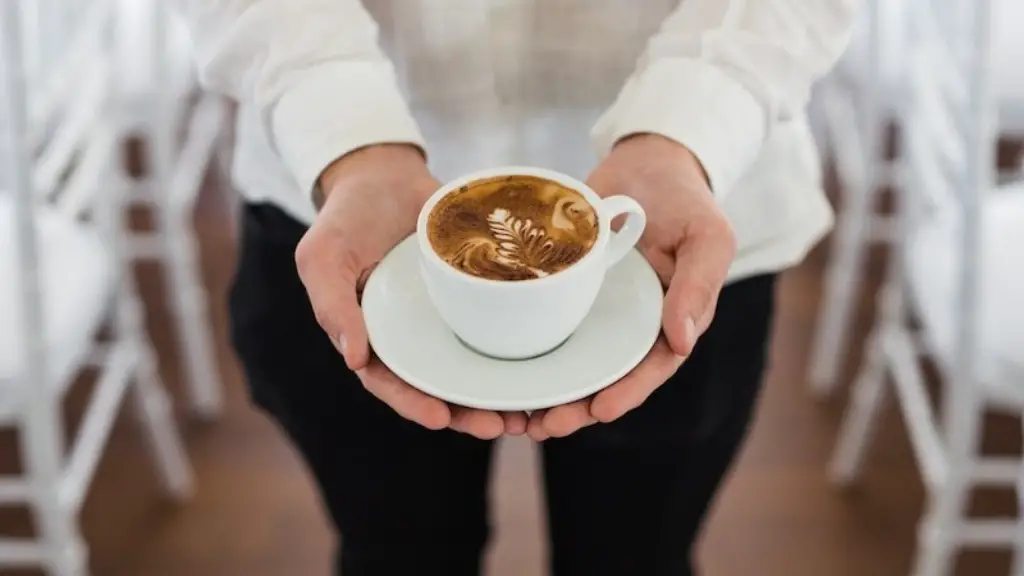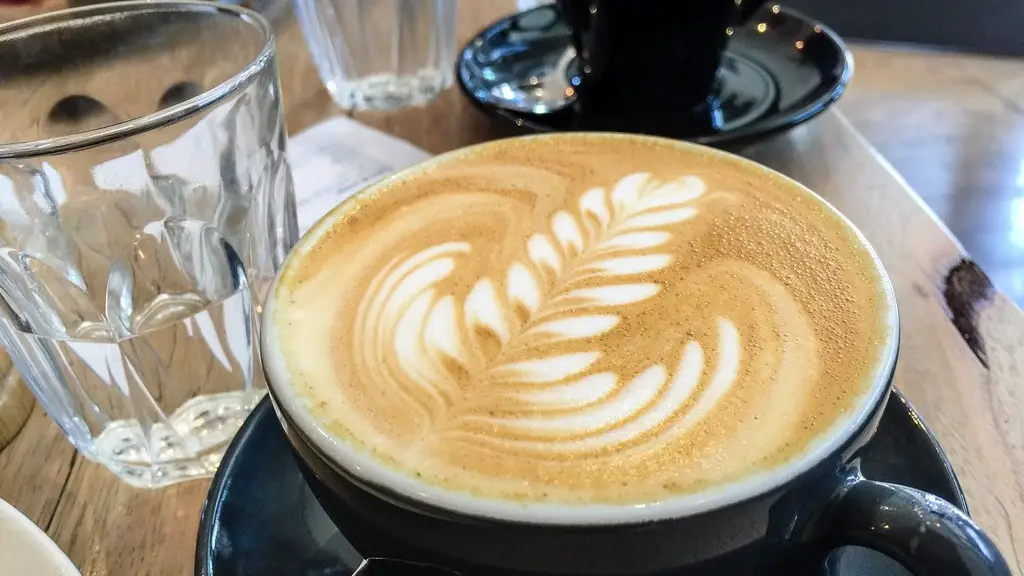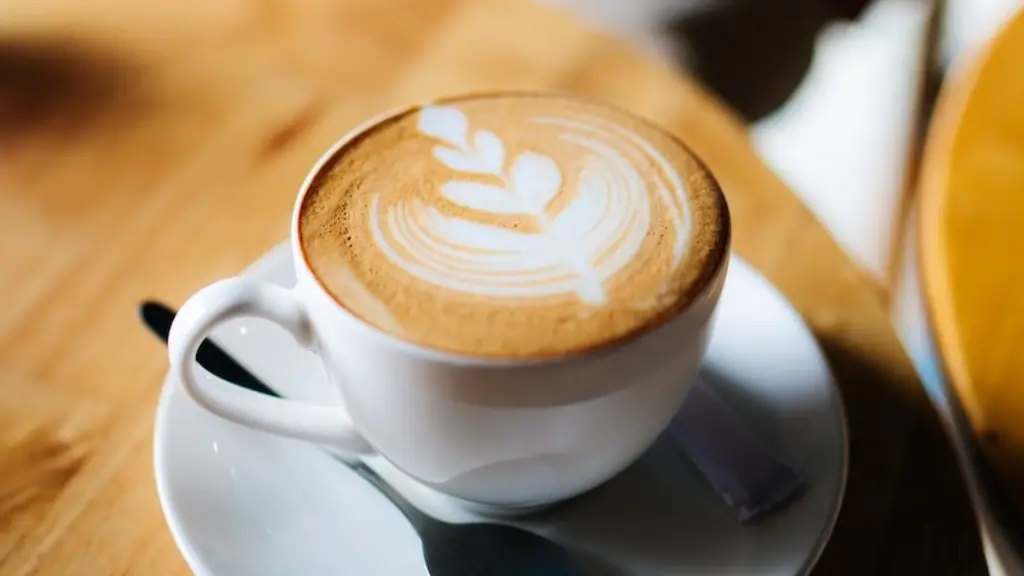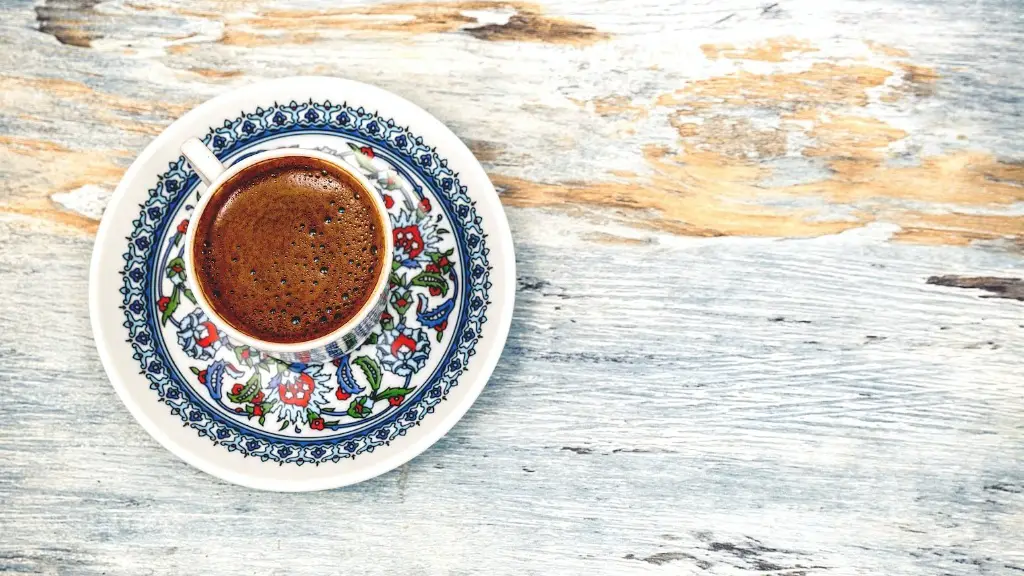Is Coffee Good After a Night of Drinking
For many people, the idea of a night of drinking has become synonymous with the idea of coffee. After a night of partying and consuming alcohol, some people believe that a cup of coffee will help them become more alert and focused while others think it will only worsen a hangover. But is coffee really good for you after drinking?
The answer to this question is complicated. While coffee can help clear the head and restore some of the lost energy from a night of drinking, for some people it may do the opposite. Ingesting coffee can cause dehydration and can exacerbate the symptoms of a hangover, meaning the person will feel worse instead of better. It is important to identify the reasons why drinking coffee after a night of drinking may not be safe or beneficial.
First, caffeine can cause additional dehydration, which is already a major issue after drinking. Caffeine is a diuretic, meaning it causes the body to expel more water than it intakes, leading to dehydration. This can lead to headaches and other symptoms associated with hangovers. Secondly, consuming caffeine can exacerbate some of the symptoms of a hangover, such as nausea and dizziness. This is because caffeine speeds up the heart rate, which can be uncomfortable for some people.
It is also important to note that coffee is not a cure-all for a night of drinking. While it may help to some degree, it is not a replacement for getting a good night’s sleep, drinking plenty of water, and eating healthy/energy restoring meals. Also, it is important to note that coffee should be consumed in moderation after a night of drinking. Too much coffee can lead to further dehydration and other negative consequences for the body.
So, is coffee good after a night of drinking? The answer is that it depends. For those who are able to tolerate caffeine and suffer from minimal to no adverse effects, coffee could be a safe and beneficial way to reinvigorate and refresh the body. However, for those who are sensitive to caffeine and suffer from more severe hangovers, it may be best to avoid caffeine altogether.
The Long-Term Effects of Coffee
When considering whether or not to drink coffee after a night of drinking, it is important to think about the long-term effects of the beverage. While a single cup of coffee may perk up a person after a night of drinking, excessive consumption of the beverage can have negative consequences. For example, consuming too much caffeine can lead to insomnia, anxiety, irritability and even muscle tremors. Additionally, drinking coffee every night can cause reliance on the beverage in order to fall asleep.
Coffee, while a common and seemingly harmless substance, can be detrimental to overall health if consumed excessively. Research has shown that individuals who drink more than four cups of coffee a day are more likely to suffer from heart palpitations, digestive issues and other physical and mental health issues. Thus, it is important to consider the long-term effects of coffee before deciding to drink it after a night of drinking.
Overall, the decision to drink coffee after a night of drinking should be made with the individual’s personal tolerance in mind. For some people, the beverage can be a helpful and safe way to refresh and reinvigorate the body. However, it is important to remember that moderation is key when it comes to drinking coffee, as excess consumption can have negative short-term and long-term effects.
Coffee Alternatives
For those who are sensitive to the effects of caffeine, it may be best to avoid drinking coffee after a night of drinking. There are several alternative beverages that can help provide a pick-me-up without the negative consequences of coffee. For instance, herbal teas can be just as refreshing and energizing without the potential for dehydration.
Fruit juices and smoothies are also great alternatives to coffee after a night of drinking. These beverages are rich in essential vitamins and minerals, which can help to restore some of the energy that was lost during the evening. Additionally, they also tend to be much more hydrating than coffee, so they can help to reduce the symptoms of hungover dehydration.
Finally, consuming plenty of water is the best way to rehydrate and restore energy after a night of drinking. Water helps to replenish the body’s fluids and electrolytes, while also helping to flush out toxins. Additionally, it can help to reduce the intensity of a hangover and the amount of time it lasts.
The Benefits of Coffee
In spite of the potential drawbacks associated with consuming coffee after a night of drinking, there can still be severalpositive benefits to drinking the beverage. Coffee can be a great way to boost energy after a long night and it also has several health benefits.
According to research, moderate coffee consumption can reduce the risk of certain diseases such as type 2 diabetes, stroke, and even certain types of cancer. Additionally, drinking coffee can improve cognitive function and help with focus and concentration. Finally, coffee can also help to boost metabolism, which can be beneficial for those trying to maintain or lose weight.
Finding the Right Balance
At the end of the day, the decision to drink coffee after a night of drinking is ultimately a personal one. It is important to consider all the potential positives and negatives before making a decision. If coffee is chosen, it is important to ensure that it is consumed in moderation in order to avoid any adverse effects.
Alternatively, there are several alternatives to coffee that can provide energy and help to reduce the symptoms of a hangover. These beverages, while not as stimulating as coffee, may be more beneficial for those who are sensitive to the effects of caffeine. Whatever the choice, it is important to find the right balance between stimulating beverages and rehydrating and restoring natural energy.
The Impact of Coffee on Your Mental Health
When it comes to coffee and its impacts on our mental health, research is limited. However, there are some studies that suggest that drinking coffee can have a positive impact. For example, one study found that drinking coffee can lead to an improvement in mood and an overall better psychological well-being.
Additionally, a recent study found that drinking coffee can help improve alertness and reduce fatigue. This can be beneficial for those who are feeling run-down after a night of drinking, as the effects of coffee can help to revive the senses and restore energy levels.
It is important to note, however, that while some studies have found that coffee can have positive effects on mental health, too much consumption can have the opposite effect. Excessive consumption of coffee can lead to irritability and anxiety, which can be detrimental to mental health.
Unwanted Side Effects of Coffee
Despite all the potential benefits of coffee, it is important to remember that there are still some risks associated with it. For example, drinking too much coffee can lead to restlessness, jitters, and headaches. Additionally, some people may experience palpitations and increased heart rate when consuming coffee.
Additionally, coffee can interact with other medications, particularly those that affect heart rate. Therefore, it is important to talk to a doctor before drinking coffee to make sure it does not interfere with any current medications. Finally, coffee can interact with certain supplements such as iron, so it is important to make sure that it does not counteract the effects of other substances in the body.
Overall, coffee can offer some advantages to those who consume it in moderation after a night of drinking. However, it is important to remember that there are also some potential risks associated with the beverage. Thus, it is important to consider all the potential risks and benefits before deciding if coffee is the right choice for a given person.
